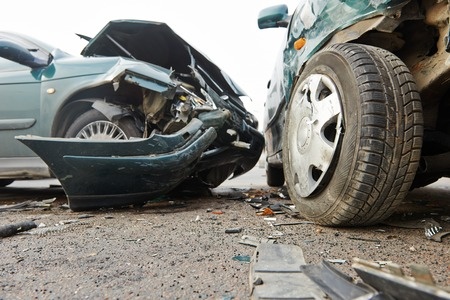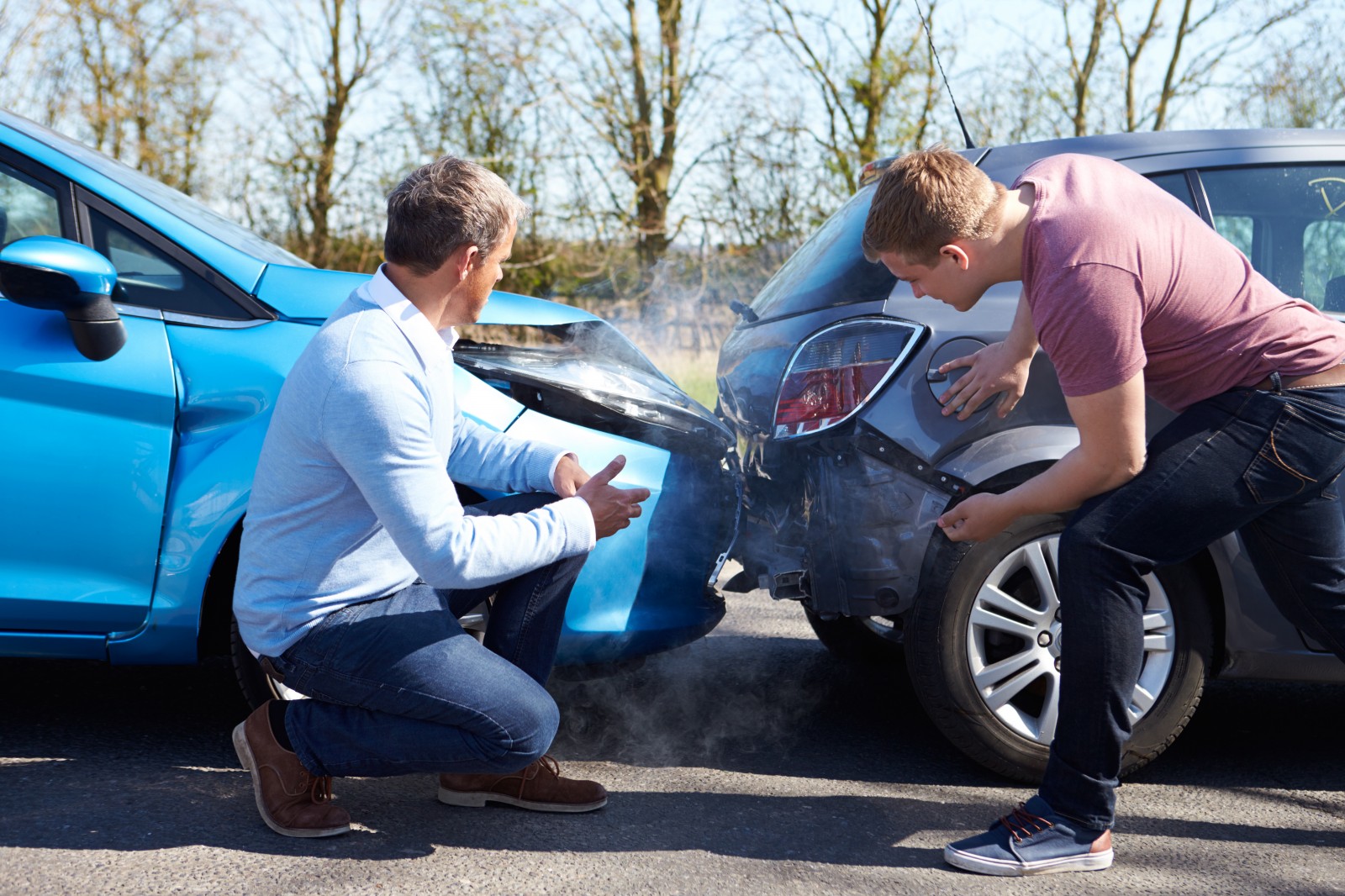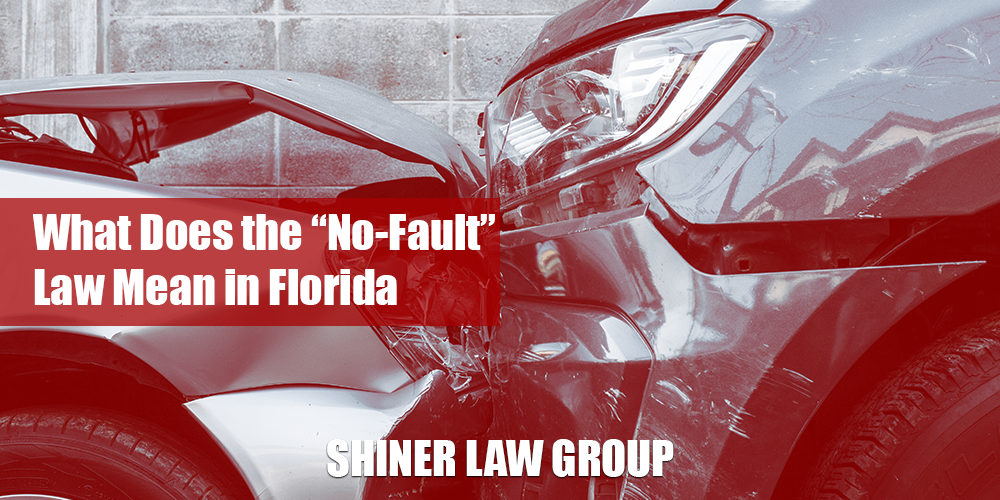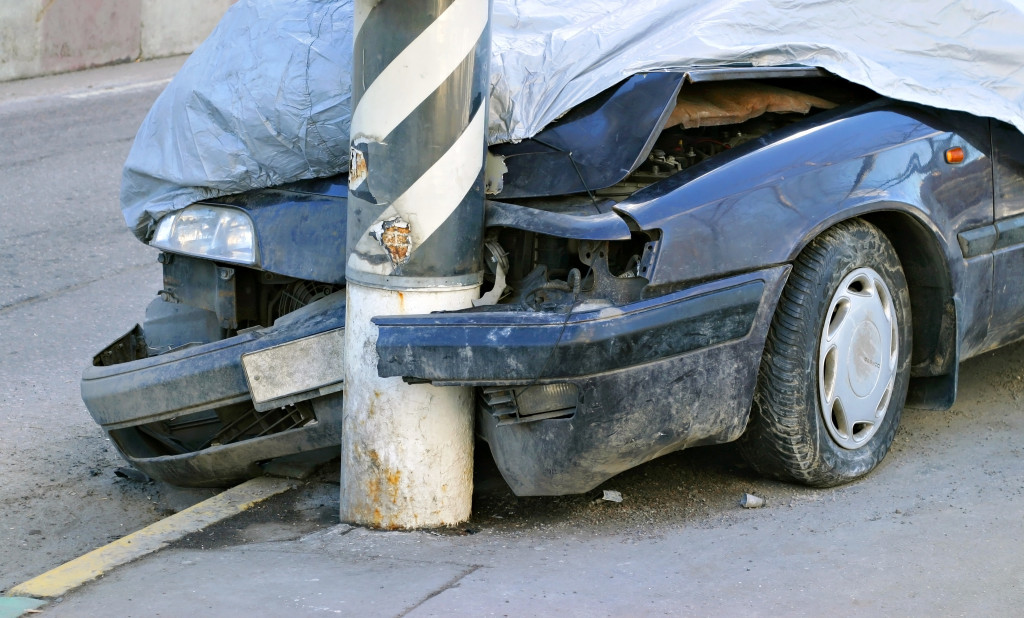The Florida No-Fault Motor Vehicle Law requires drivers to carry Personal Injury Protection coverage as part of their auto insurance.
The Florida No-Fault Motor Vehicle Law requires drivers to carry Personal Injury Protection coverage as part of their auto insurance; this No-Fault coverage pays the insured’s bills, regardless of fault, up to the limit of the insurance (minimum limit is $10,000). For example, after an accident, one’s No-Fault coverage would pay $10,000 towards personal recovery. Personal Injury Protection pays 80% of medical bills, 60% of lost wages, and 100% of replacement services costs (any service needed because of a loss of ability caused by the accident); also, PIP contains a $5,000 death benefit, should the driver die due to injuries sustained in the accident (Note that PIP claims must be made within 14 days of the accident). This law was passed with the intention of lowering the number of tort (civil wrongs, usually caused by negligence) lawsuits in relation to car accidents. So, instead of immediately suing each other, the two parties in the accident now have their own Personal Injury Protection, regardless of fault, with which to pay personal bills incurred by the accident. It is important to note that PIP is not liability insurance and it benefits the insured only. This coverage follows the individual around the state of Florida, whether driving an owned, borrowed, or rented vehicle.
A personal auto policy contains sections on liability coverage, medical payments coverage, uninsured motorist coverage, and other sections with general information regarding the policy (duties after an accident, general provisions, damage to your auto, endorsements, etc.). Typical liability limits are split into three categories: bodily injury per person, bodily injury per accident, and property damage per accident. The minimum limit in Florida is 10/20/10—this means that the insured would receive $10,000 of bodily injury coverage per person, with no more than $20,000 paid per accident, and $10,000 of property damage coverage per accident. Medical Payment limits apply per person per accident and act as primary coverage when the insured is driving an owned auto and secondary when the insured is driving a non-owned auto; typical limits are $500, $1,000, $2,000, and $5,000. Uninsured motorist coverage protects the insured if he is not at fault in an accident with an uninsured or under-insured driver; UM limits cannot be greater than standard liability limits.
Personal Injury Protection (No-Fault Coverage) is a required endorsement (added coverage) to auto policies in the state of Florida and takes priority in paying the insured after an accident, regardless of fault. If a driver holds basic PIP, $5,000 of Medical Payments coverage, PIP would cover 80% of medical bills up to $10,000, and then his Medical Payment coverage would pay the remaining costs, up to $5,000. Suppose that this driver incurred $25,000 in medical losses—the first $15,000 would be paid by his policy and the at-fault driver would be liable for the remaining $10,000 of medical bills. If the at-fault driver was carrying the required liability limits of 10/20/10, the at-fault driver’s policy would pay the insured the remaining $10,000. If the at-fault driver was not carrying the required limits, the insured driver is in need of Uninsured Motorist coverage for the remaining $10,000. Without UM, he could have to pay the remaining $10,000 of medical bills out of pocket—this is the benefit of Uninsured Motorist coverage. Uninsured Motorist coverage exists to pay the insured should his policy limits be exhausted and the at-fault driver be uninsured or under-insured; it serves as a precautionary measure to ensure that the driver is insured and covered should the other party not be.
Overall, No-Fault coverage protects and pays for the insured’s expenses in any accident; after No-Fault coverage is exhausted, the insured can turn to Medical Payments coverage; after Medical Payments coverage is exhausted and if not at fault, the insured can look to the other party’s liability insurance; and finally, should the opposing party’s limits be exhausted or nonexistent, Uninsured Motorist coverage can, within its limits, cover the rest.
Were you affected by Hurricane Ian and need to submit a claim, or do you have questions regarding your insurance policy? Click the b-tton below to access emergency contact resources and to find info for submitting a claim.























